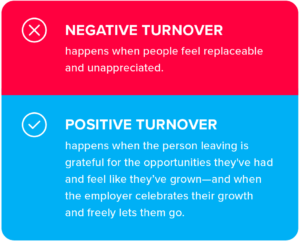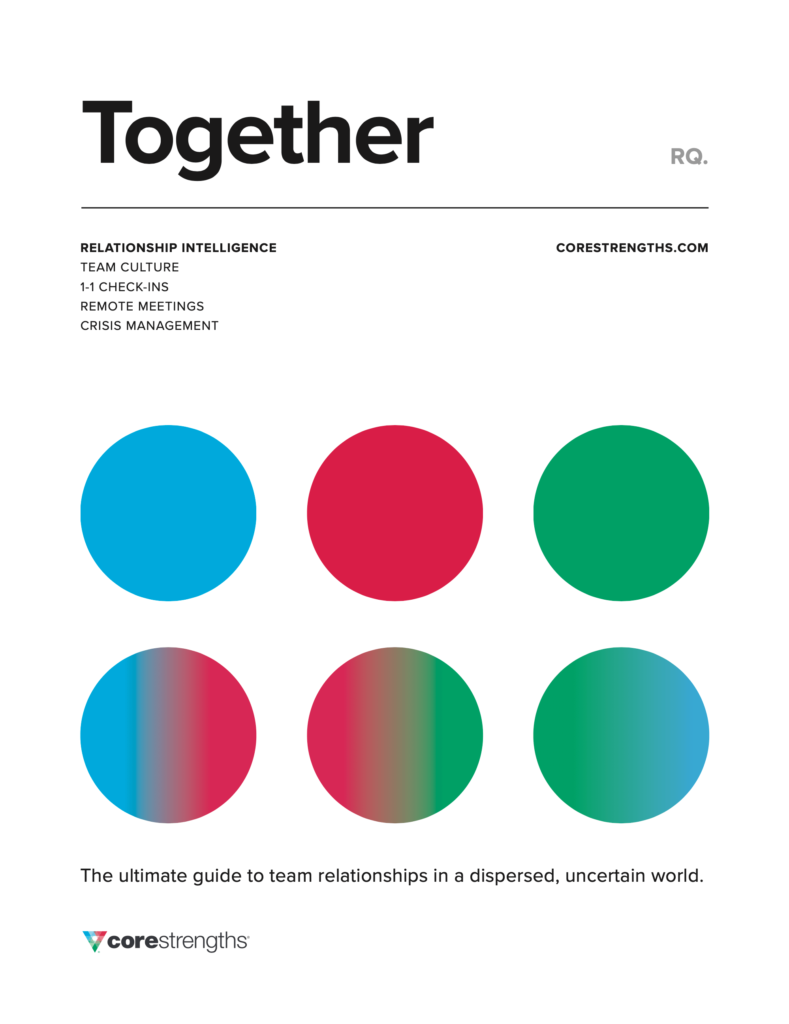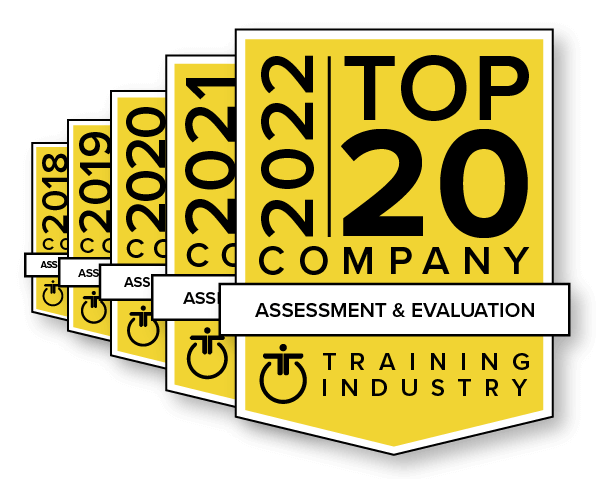Before the 2008 recession, many organizations went a long time without a reduction in force. At that time, it was common for companies to promise their people employment and security.
Now, in a volatile economy, the relationship between employer and employee has changed. Less than two years ago, there were massive layoffs all across the United States. As 2021 comes to a close, many industries report labor shortages and employees leaving in droves, a phenomenon which has been dubbed ‘The Great Resignation.’

Employees can no longer depend on employers for long-term benefits like pensions, and they have more options for how to earn their income and craft their careers. All these changes have made the employer-employee relationship more democratic. Today, the employer’s value proposition is closer to: “If you’re willing to engage in this relationship, we’ll invest in your growth and development, and you’ll continue to become more employable.”
Employers can no longer promise employment, but they can promise employability. Keep reading to learn how.
Change how you think about turnover.
As leaders, we’re programmed to think of all turnover as bad. But a certain amount of turnover is healthy, especially at this point in time. The pandemic has caused a lot of people to rethink what they want from work and life, and leaving a job is a natural outcome of this self-reflection.

According to Harvard Business Review, employees in the 30 to 45 age range have had the greatest increase in resignation rates between 2020 and 2021, with an average increase of more than 20%. This age group is the most likely to have in-demand skills and be searching for work-life balance and career growth. In addition, more people than ever are confident they can work independently and desire greater influence on their earning potential and the time of day and times of year they choose to work.
The key is to differentiate negative turnover from positive turnover. Negative turnover happens when people feel replaceable and unappreciated. Positive turnover happens when the person leaving is grateful for the opportunities they’ve had and feel like they’ve grown––and when the employer celebrates their growth and freely lets them go.

Another element of positive turnover is when the leader leaves the door open for that person to come back at another time, in a different capacity. Free agency is a larger part of a professional career than ever before, and, in the quickly-shifting world of work, you might see that person again sooner than you think.
When people leave, don’t fall into the trap of feelings of betrayal. Turnover should be a moment for learning and letting the relationship transform––not end.
Make Relationship Intelligence a cornerstone of organizational culture.
Relationship intelligence (RQ) means understanding a person’s values and strengths so you can communicate with them in a way that makes them feel known and appreciated. Besides the benefits to team performance and employee engagement that RQ brings, an employee who feels known and appreciated is less likely to leave––and more likely to come back when they do.
Every employee is different, and they’re motivated by different things, even in the same type of role. Challenge yourself as a leader and an organization to make sure you know and understand your people’s core motives, and also ensure they feel appreciated for their contributions. That way, when you give someone a sendoff, you can learn what your organization can and can’t be to them, and make the right hire to fill their role.
Learn from your data.
Look at your organizational data about who’s leaving and who’s not. Not all industries and types of roles are experiencing the Great Resignation in the same way.
If your industry has high rates of turnover right now, make sure you’re committed to RQ and connecting people’s values to the work they do. If you’re doing that successfully and still seeing high resignations, you can make changes in attraction, onboarding, and retention campaigns.
Core Strengths can help you engage with the Great Resignation.
This is a challenging time to be a leader, and Core Strengths can help you take on the challenge. Our Results Through Relationships training can help you embed RQ into your culture and develop relationships with your people that truly help them learn and grow and bring their best selves to the moments that matter most.








